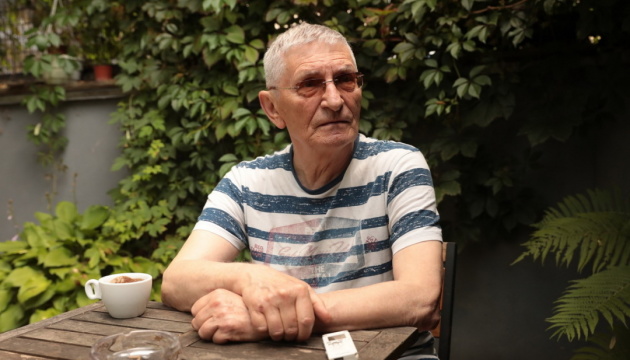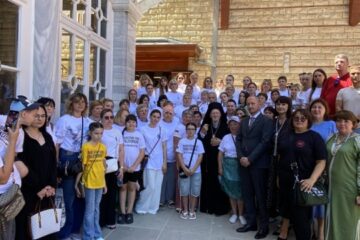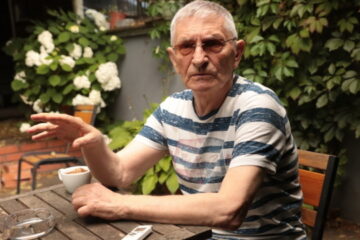
A breakthrough on the front lines could significantly shift Ukrainians’ attitudes toward the war and the overall situation in the country.
Yevhen Holovakha, Director of the Institute of Sociology of the National Academy of Sciences of Ukraine, said this in an interview with Ukrinform.
“There was a shocking figure — 42% of people don’t condemn draft dodgers. They criticize the military enlistment offices, but not the dodgers. And that’s alarming. But there is one powerful remedy: if we achieve a serious success on the battlefield, public sentiment will immediately soar,” Holovakha said.
The sociologist noted that a similar effect was seen in 2022 when Ukrainian forces liberated the Kharkiv region and Kherson. A comparable victory today would have a similarly positive impact on society.
“Advances like those in Russia’s Kursk region don’t carry the same weight and haven’t led to a nationwide morale boost. We don’t need the Kursk region. But we do need Bakhmut and Melitopol. Liberating them would have a lasting psychological effect — people would feel proud,” Holovakha said.
He added that reversing negative trends in society will also require patriotic education for young people — education that fosters appreciation for national identity.
“In wartime, patriotic upbringing is absolutely essential. If people don’t see the state and independence as something valuable — why would they defend it? As long as Russia doesn’t abandon its claims on Ukraine, only a well-prepared generation will be able to defend the country. Otherwise, we risk disappearing,” he said.
Holovakha stressed that patriotic education is standard practice in Western democracies and a recognized field in youth development.
“We shouldn’t view patriotism as a return to Soviet methods. It’s not. This is a global norm. Citizenship needs to be taught. People don’t become responsible citizens on their own — they need targeted education,” the sociologist added.
In his opinion, Ukraine could benefit greatly from Israel’s experience.
“It’s a very complex country, and its experience is invaluable for us — how to survive while surrounded by hostility, and still maintain a zest for life. They’re not depressed, and their standard of living now exceeds that of many European countries,” Holovakha said.
Looking ahead, he believes Ukrainian society will likely face the need to bring in foreign workers after the war — and will accept them without major resistance.
“Why not? Some will work and return home; others may settle here. That’s a normal process, a modern global reality. We’ve gotten too used to living in a monoethnic environment among familiar Eastern Slavs. We need to adapt to multiethnicity,” he said.
Source: Sociologist explains what could shift Ukrainians' attitudes toward war



